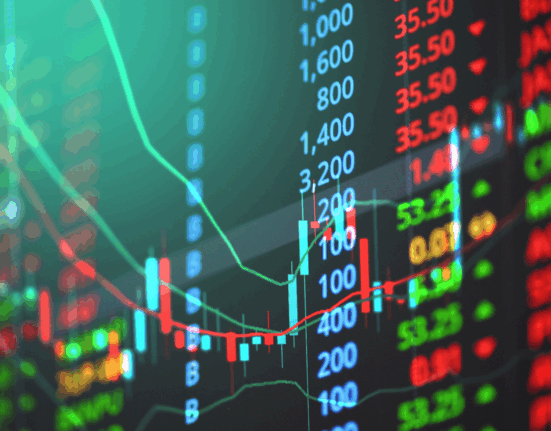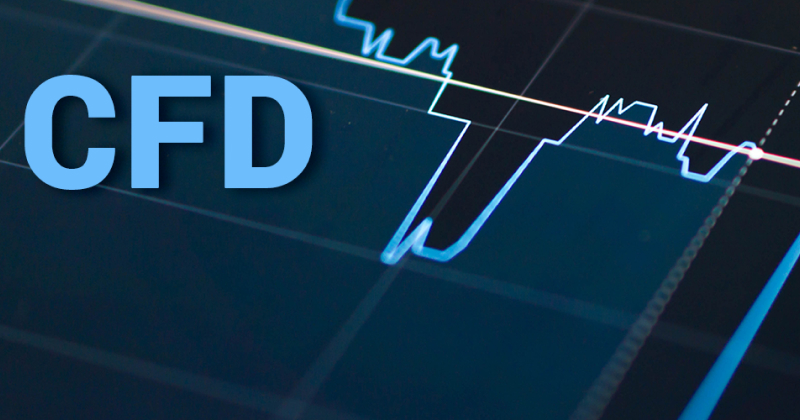In Nigeria’s fast-evolving digital economy, the appetite for alternative investments is growing rapidly. Among these, Contracts for Difference (CFDs) have gained increasing popularity, offering Nigerians the ability to trade global markets like forex, stocks, indices, and cryptocurrencies without owning the underlying assets.
But who exactly can trade CFDs in Nigeria? What does it take to start? And which platforms are best suited for local traders? This article breaks it down.
What Are CFDs and Why Do Nigerians Trade Them?
A Contract for Difference is a type of derivative that allows traders to speculate on the price movement of an asset. You don’t need to own the actual asset — just predict whether it will go up or down. This flexibility, combined with the potential to profit in both rising and falling markets, makes CFDs attractive.
In Nigeria, where the Naira has seen volatile shifts and traditional investment options may feel limiting to young, tech-savvy individuals, CFDs offer a way to access international markets and diversify risk.
Who Can Trade CFDs in Nigeria?
CFD trading in Nigeria is accessible to a broad range of individuals, but not everyone should jump in without preparation. Here’s who can trade:
- Adults (18+): You must be legally an adult to open a trading account with any brokerage platform
- Individuals with Internet Access: Since CFD trading is entirely online, basic internet connectivity and a smartphone or laptop are essential
- Those with Risk Appetite: CFDs are high-risk instruments. Traders should have a solid understanding of financial markets or be willing to learn
- Professionals & Side Hustlers: Whether you’re a full-time professional or managing trades on the side, flexibility in CFD platforms allows for part-time trading
- Students & Youths (with Caution): Many young people in Nigeria are drawn to CFDs due to the low barrier to entry. However, responsible trading and education are key to sustainability.
How Do Nigerians Fund CFD Accounts?
Most platforms catering to Nigerians now accept local payment methods such as:
- Bank transfers (GTBank, Zenith, UBA, etc.)
- Fintech wallets (Paystack, Flutterwave)
- Crypto (Bitcoin, USDT
- Naira-based deposit options (via local agents)
This ease of access has helped broaden the pool of retail traders across the country.
Trusted CFD Trading Platforms in Nigeria
When choosing a platform, regulation, deposit flexibility, and local support should guide your decision. Below are some of the top options for Nigerians:
🟢 FXTM (ForexTime)
Highly regarded for its local customer service and training resources. FXTM offers Naira deposits, local webinars, and tight spreads. It’s a favorite among beginners and semi-pro traders alike.
🟢 Octa (formerly OctaFX)
Offers a smooth mobile experience, MT4/MT5 support, and copy trading features. Octa accepts Naira deposits and often runs promotional bonuses for Nigerian traders.
🟢 Deriv
Popular among younger traders for its intuitive trading interface and unique offerings like synthetic indices. Deriv supports Naira deposits and provides demo accounts to get started.
🟢 AvaTrade
A global brand that supports Nigerian traders with CFDs on forex, crypto, indices, and more. Offers competitive leverage, and users can trade via mobile, desktop, or web-based platforms.
🟢 HFM (HotForex)
Known for low spreads, Islamic account options, and educational content. HFM provides local deposit and withdrawal options for Nigerian users.
🟢 Exness
Ideal for more advanced traders who want fast execution and support for automated trading. Exness accepts deposits in Naira and supports crypto funding too.
🟢 IC Markets
Best suited for seasoned traders. It offers deep liquidity, ECN-style execution, and support for advanced platforms like cTrader.
Each of these platforms is internationally regulated and has demonstrated credibility within Nigeria’s trading community.
Things to Consider Before You Start Trading CFDs
- Start with a Demo Account: Most platforms offer demo accounts. Use them to build confidence before committing real money
- Understand Leverage: While leverage can amplify profits, it also increases risk. Learn how margin and stop-loss tools work.
- Stay Informed: Follow market news, attend online webinars, and read educational materials. Platforms like FXTM and HFM offer robust resources
- Be Mindful of Regulatory Protection: Nigeria’s SEC does not currently regulate CFDs, so ensure your chosen platform is licensed by reputable international authorities like FCA (UK), CySEC (EU), or ASIC (Australia).
Final Thoughts
CFDs are not a shortcut to wealth — they are financial instruments that require strategy, discipline, and awareness of risk. For Nigerians who meet the basic requirements and are willing to learn, CFDs can serve as a gateway to global markets and financial literacy.With user-friendly platforms like FXTM, Octa, Deriv, and AvaTrade, getting started is easier than ever. However, success comes not just from the tools you use, but from how well you use them.







